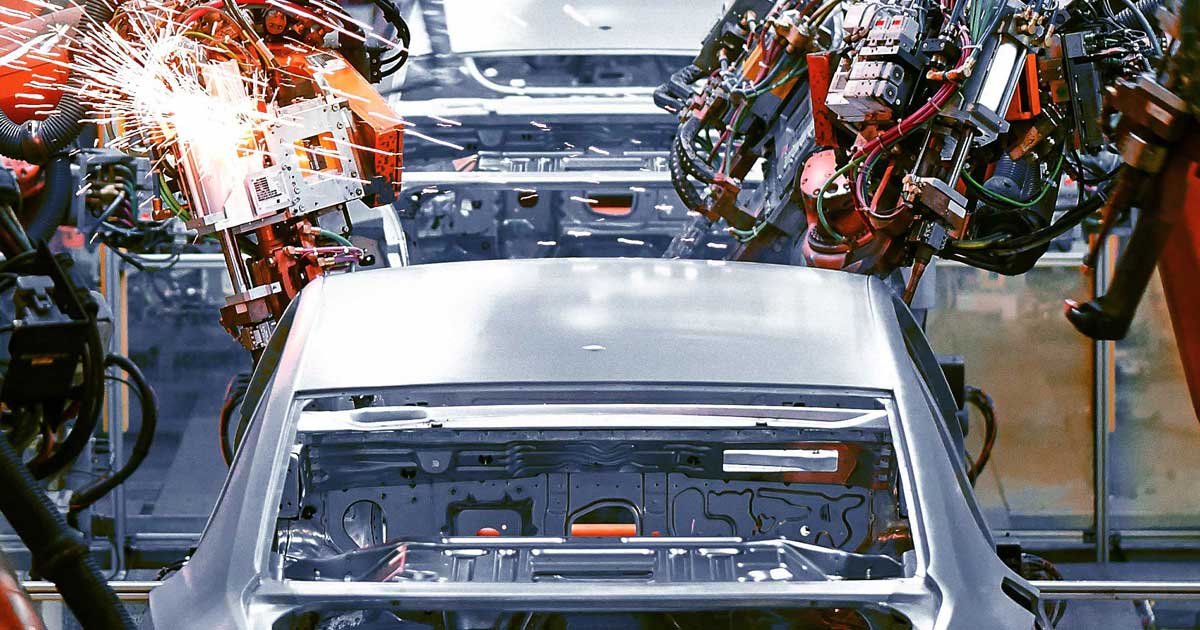
Customized foundry products high precision die-casting parts for e-bike integrated frame

Rueda de fundición a presión de aleación de magnesio para ebike

Horquilla rígida de fundición a presión de aleación de magnesio para bicicleta

Carcasa de motor de montaje medio de vehículo eléctrico de fundición a presión de aleación de magnesio

Piezas y componentes de fundición a presión de aleación de magnesio para bicicletas eléctricas

Cuadro de bicicleta de montaña de magnesio

Integrated 3-spoke wheel for MTB with CNC machining &surface treatment

Piezas de fundición de aleación de magnesio marco de bicicleta mecanizado CNC y acabado de superficies

Fundición a presión de aleación de magnesio Piezas metálicas de tixomoldeo

Carcasa de masa de potencia de tixomoldeo de aleación de magnesio

Piezas de tixomoldeo de aleación de magnesio para carcasa de máquina de succión de oxígeno

Fundición a presión de aleación de magnesio Piezas metálicas de tixomoldeo

Casco de fundición a presión de aleación de magnesio Thixomolding

Carcasa de masa de potencia de tixomoldeo de aleación de magnesio

Piezas y componentes de fundición a presión de aleación de magnesio para bicicletas eléctricas

Soportes metálicos de tixomoldeo de fundición a presión de aleación de magnesio

 0086-750-5616188
0086-750-5616188 +86 13392089688
+86 13392089688 sales@zhongmei-tech.com
sales@zhongmei-tech.com








